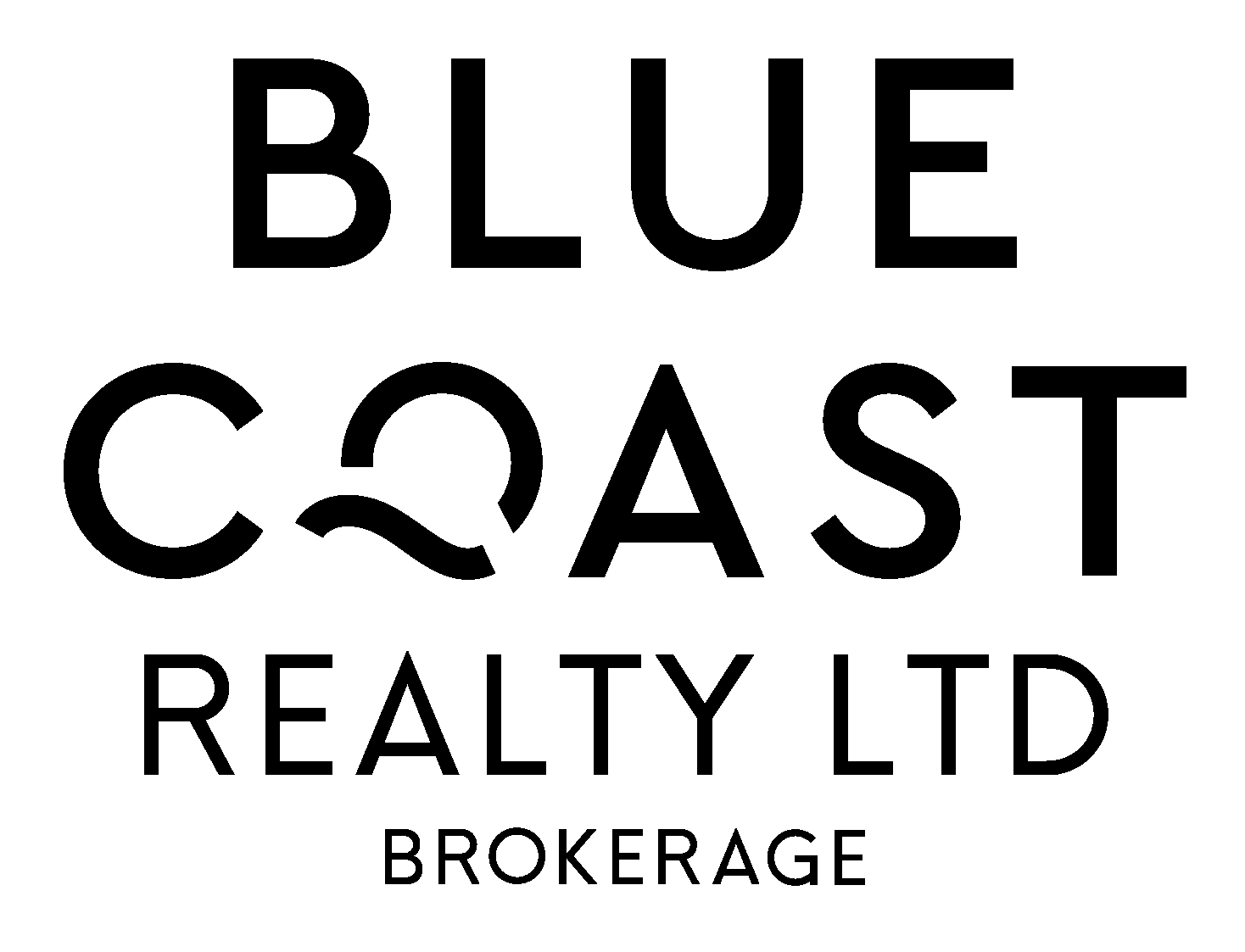
Canada's New Anti-Flipping Tax
The Canadian government recently introduced a new residential property flipping rule, which is now law. This rule aims to target individuals who misclassify their profits from a "flipped residential property" as a capital gain to avoid taxes. It deems profits from a flipped residential property as business income.
What is the Residential Property Flipping Rule?
Under the new rule, if an individual buys and sells a housing unit in Canada within 365 consecutive days, and it would not otherwise be inventory of the taxpayer, the gain on the sale is deemed to be business income and fully taxable. No principal residence exemption is available to reduce the tax. However, an exclusion may be available where the property is disposed of due to a qualifying life event. Moreover, individuals cannot report a business loss on a property just because it meets the definition of a flipped property.
Exceptions to the Rule
There are certain exceptions to the rule where it is reasonable to consider that the disposition occurred due to or in anticipation of certain events, such as death, serious illness, or involuntary termination of employment. These exceptions allow the residential property flipping rule not to apply.
How are Gains on Residential Property Taxed Ordinarily?
Apart from the residential property flipping rules, other tax rules apply when selling a residential property. For instance, depending on the situation, the gain is treated as fully taxable business income or as a capital gain, which is 50% taxable. If the property qualifies as a principal residence, the gain may be reduced or eliminated by claiming the principal residence exemption.
What are the Non-Compliance Penalties?
If a taxpayer does not report a gain on the sale of residential property as business income when required, they could be assessed a gross negligence penalty equal to 50% of the additional taxes owing, in addition to interest charges. Taxpayers who would like to report an omission of income or correct a previous error may qualify for penalty relief under the CRA’s Voluntary Disclosure Program, provided that no CRA enforcement action has already begun.
Takeaway
In conclusion, the new anti-flipping tax rule in Canada aims to ensure proper reporting of business income and stabilize home prices. Although this rule may not have a significant impact on real estate investors, it could help struggling young homebuyers afford homeownership. Real estate investors should consult with their trusted tax professional to ensure they are as tax-efficient as possible. It's important to note that the residential property flipping rule only applies to gains and does not apply to losses on the disposition of a residential property.

